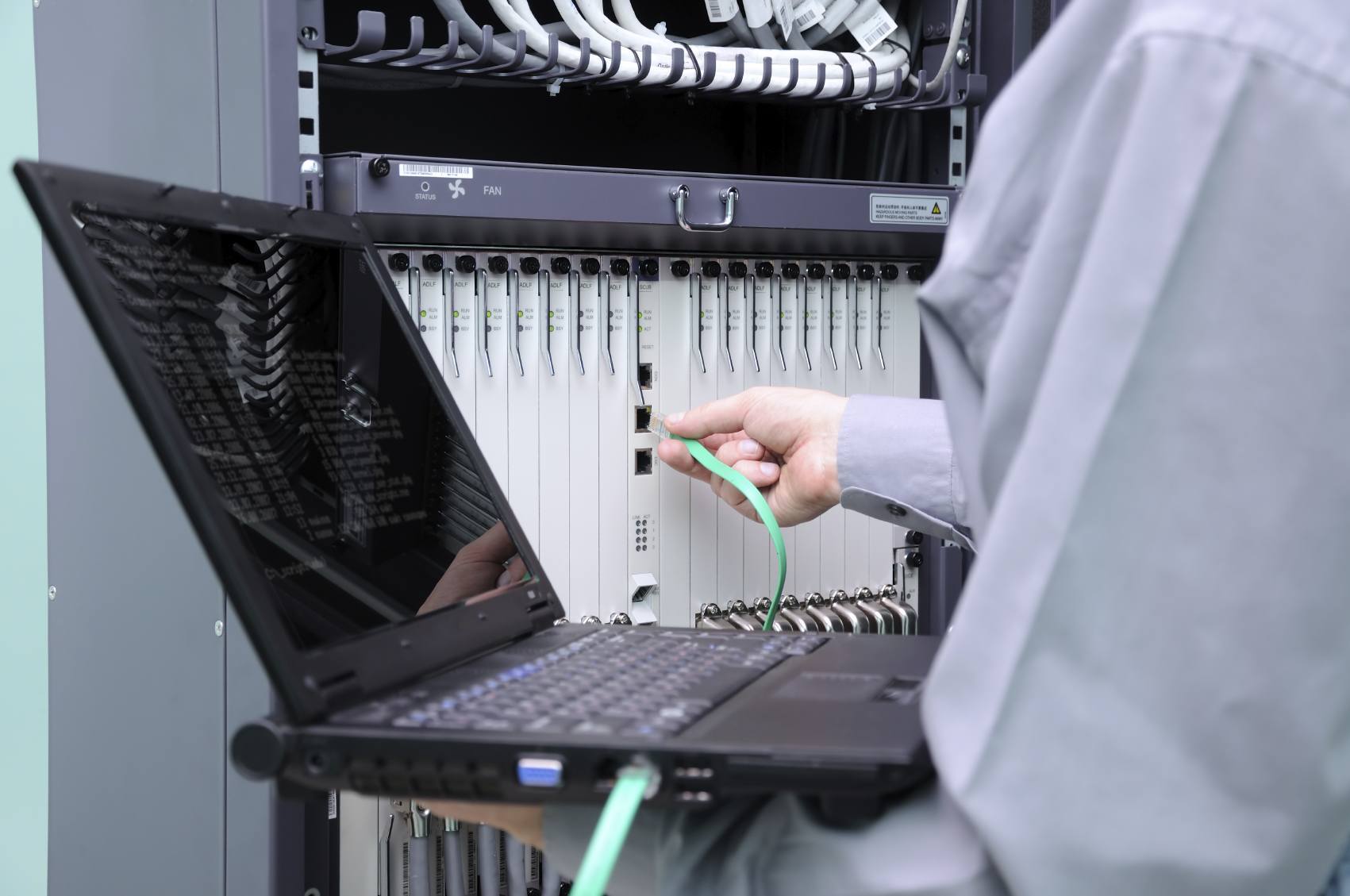Businesses that suffer a loss of data often make use of backup and recovery measures. Unfortunately, their backup methods may fail completely or otherwise not work well for their data needs.
A survey recently reported in Business Cloud News showed that 86% of businesses that had lost important data used backup solutions, and 48% performed daily backups. However, they still couldn’t fully rely on their backup methods. Maybe they’d forgotten to back up all their devices, or their backup measures failed at critical points. Their costly losses underscore the need for reliable data backup solutions.
Do Your Data Backup Methods Work?
You need to know if the measures you’re using are effective. This involves testing them regularly to check if they would actually help you should you suffer an IT disaster.
There are several issues you should look into, including the following:
- How frequently do you back up your data? For critical data, continuous backups are advisable.
- How long does it take you to back up your data? If it’s a protracted process, you leave your business more vulnerable to data loss.
- When you back up your data, are you including all of your devices?
- Do you have high-quality backups? Check the rate of failure for your backup method. You should have ways of finding out when a backup didn’t complete successfully. You don’t want to discover during an IT emergency that a backup you were counting on doesn’t exist.
- How easily can you perform data restoration? Even if you have the data backed up, your business may experience damaging amounts of downtime if you can’t restore the data quickly.
Please contact us to discuss the best backup and recovery measures for your company. We’ll help you choose and set up reliable backup procedures. Furthermore, we’ll assist you with running tests to check that your backups are truly effective, making you better prepared to respond successfully to IT disasters.







